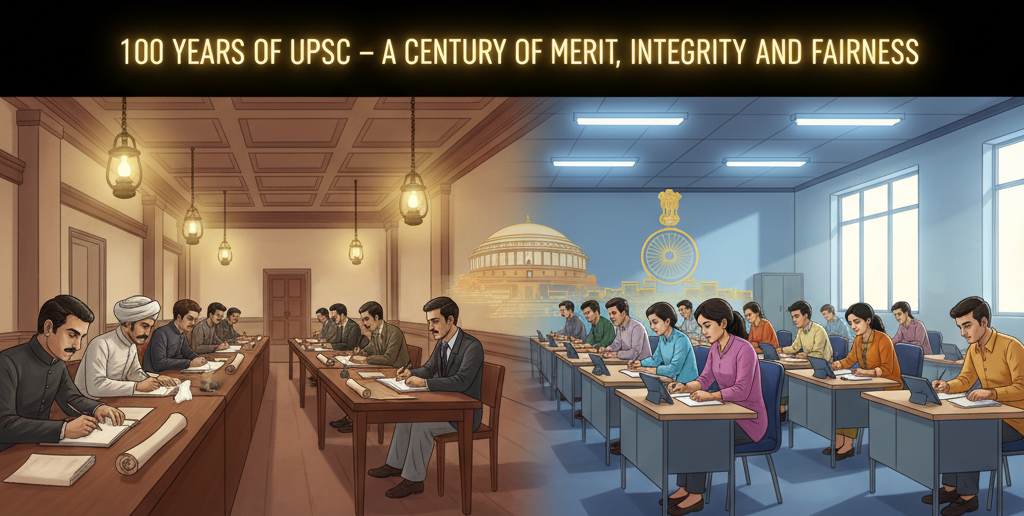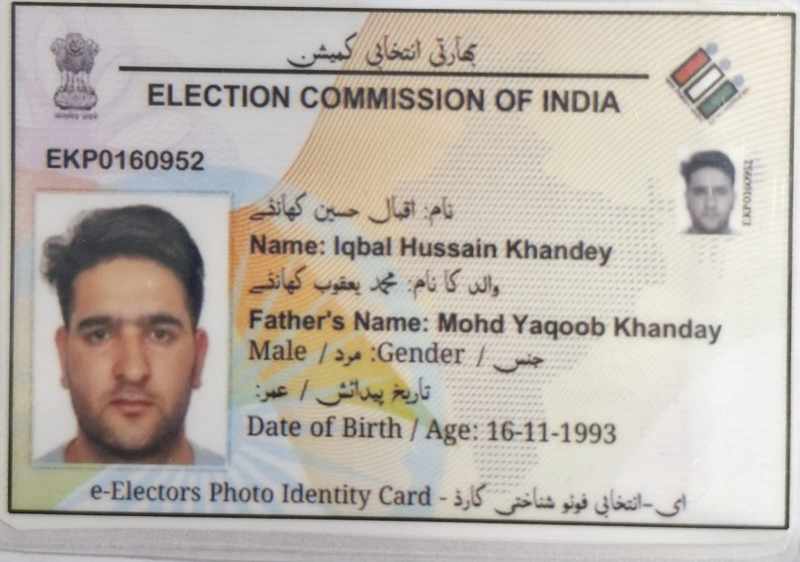Historical Overview: The Evolutiअon of UPSC from 1926 to 2026
The Union Public Service Commission (UPSC) was established in October 1926. This marked the beginning of a crucial institution in India’s governance. Its goal was simple yet powerful — to create a merit-based recruitment system for civil services.
The idea first appeared in the Government of India Act of 1919. By 1935, the UPSC gained more authority, consolidating its role in civil service recruitment. After Independence in 1947, the Constitution of 1950 clearly defined its powers. With the UPSC Act of 1950, the recruitment process became more streamlined and transparent.
Over the years, the UPSC adapted to India’s changing social and political realities. The introduction of the Civil Services Examination as a single entry point for multiple services was a landmark reform. This made recruitment more inclusive and competitive.
Today, UPSC remains an institution of trust. For 100 years, it has selected some of the most competent administrators who have played a critical role in nation-building.
Ensuring Fairness and Meritocracy in Recruitment
The UPSC’s greatest strength lies in its fairness and transparency. The Commission conducts a rigorous three-stage process: Prelims, Mains, and the Personality Test. This ensures not only academic evaluation but also a holistic test of personality, aptitude, and decision-making ability.
UPSC provides equal opportunities to aspirants across India. Candidates from diverse backgrounds — urban or rural, privileged or underprivileged — have succeeded through merit. Its inclusive policies allow everyone a fair chance, reinforcing its role as a true level playing field.
Countless stories highlight this meritocracy. Many aspirants from modest backgrounds have topped the exams, proving that talent and dedication matter more than resources. These stories show how UPSC contributes to nation-building by opening doors of opportunity to all.
UPSC’s Contributions to Nation-Building
For a century, UPSC has been a key pillar of governance. Its officers have shaped India’s policies, managed crises, and driven reforms. From education and healthcare to infrastructure and poverty alleviation, their impact is visible in every sector.
Civil servants selected through UPSC are trained not just in administration but also in empathy and accountability. Their decisions affect millions, making them vital to India’s development journey.
As India faces challenges like globalization and inequality, the UPSC’s role becomes even more critical. By selecting leaders who combine technical knowledge with social awareness, it ensures that governance remains people-centric and effective.
Looking Ahead: Future Reforms with AI and Digital Tools
As UPSC celebrates its centenary, its focus turns toward modernization. Technology, AI, and digital platforms are expected to play a big role in the coming years.
AI-powered evaluation can reduce biases, speed up assessments, and improve fairness. Digital platforms can provide learning resources and ease the application process. Initiatives like PRATIBHA Setu already create opportunities for those who reach the interview stage but do not make the final list.
However, challenges remain. Data privacy, digital literacy, and system reliability must be addressed carefully. UPSC must adopt technology without compromising integrity.
By embracing innovation while staying true to its founding values, UPSC can continue its journey as the guardian of meritocracy for the next 100 years.




 Hello world.
Hello world.